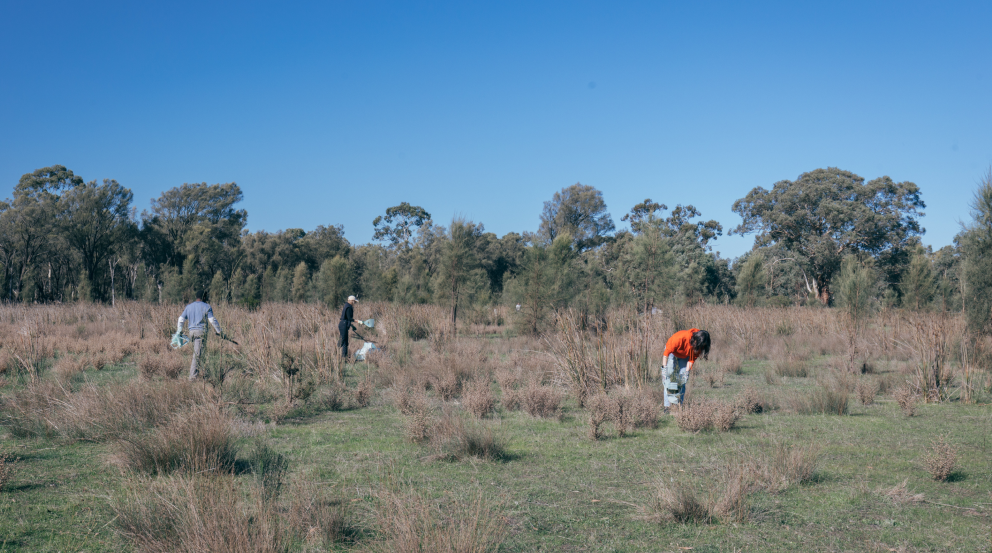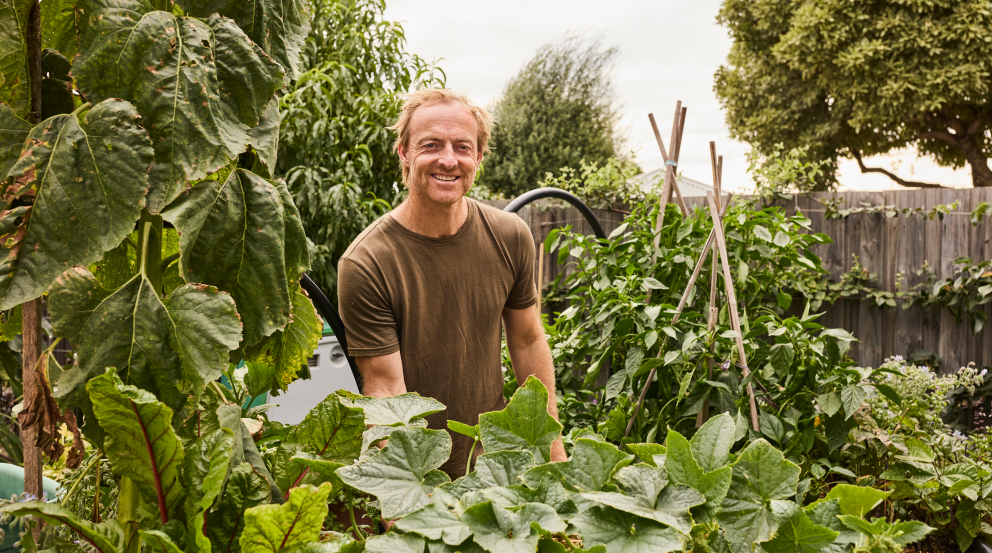Heard of the 6 R’s of sustainability? They’re 6 basic principles to follow to help you live a low waste lifestyle and reduce your eco footprint. Here’s what they are and how you can use them on the daily.
1. Rethink: Only buy what you really need.
Honestly, just ask yourself “do I REALLY need these” – have that Confessions of a Shopaholic moment. Nine times out of ten you really don’t! If you think about it as every purchase you make has an environmental cost (and obviously a financial one too) you’ll be able to see things with a new eco lens.
2. Refuse: Refuse plastic where you can.
When you’re grabbing your usual takeaway coffee (hello Melbourne coffee culture!), make the choice to refuse that disposable cup and bring your own reusable coffee cup. Or, if you’re getting a takeaway smoothie ask for no straw. KeepCup and TheOtherStraw offer great reusable options.
3. Reuse: Reuse what you can, avoid throwing away.
Most of the things we purchase and use in our daily lives harms our beautiful planet by ending up in landfill, polluting our oceans and contributing to the emission of harmful greenhouse gases to our planet. We need to avoid this.
Here’s a handy checklist of our must-have reusables:
- Masons jars and a good old kitchen mug are great for takeaway smoothies and coffees!
- Produce bags - can be used for fruit, vegetables or your staples
- Tote bag or reusable shopping bags - take these with you everywhere so you’re prepared for any impromptu purchases
- Reusable water bottle
- Beeswax or silicon ziplock bags to store leftovers
- Reusable cloth napkins
- Reusable utensil set - bamboo or just pack some from home!
4. Reduce: Less is always more. Reduce what you don’t need.
Similar to refusing, reducing stops rubbish before it’s even created. Reducing the amount of rubbish you create, like all elements of sustainability, isn’t about being totally perfect. So if you can’t completely refuse an item, reducing the amount of it you use is better than not doing anything.
5. Repair: Fix or upgrade your objects.
Before you think about donating those old pair of shoes or throwing them away, try giving them a new breath of life by fixing them.
Take your boots to get resoled before winter kicks in or get that loose sandal strap finally fixed pre summer. It helps to do a wardrobe audit to see what is actually worth fixing.
6. Recycle: Recycle is your last option after you’ve tried the other 5.
If you aren’t 100% sure if something is recyclable just check with your local council, they’ll be able to steer you in the right direction. Sustainability Victoria also have a super helpful guide for recycling.
By incorporating these 6Rs of sustainability into your daily habits and decisions today, you can help make our planet a better place for the future.
This article was written in collaboration with our friends at theotherstraw.








